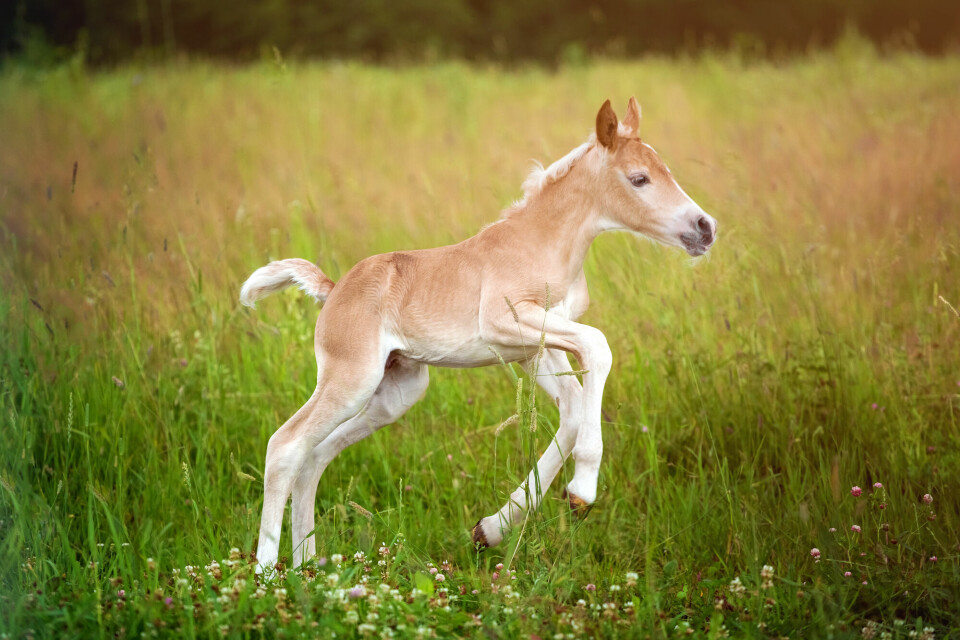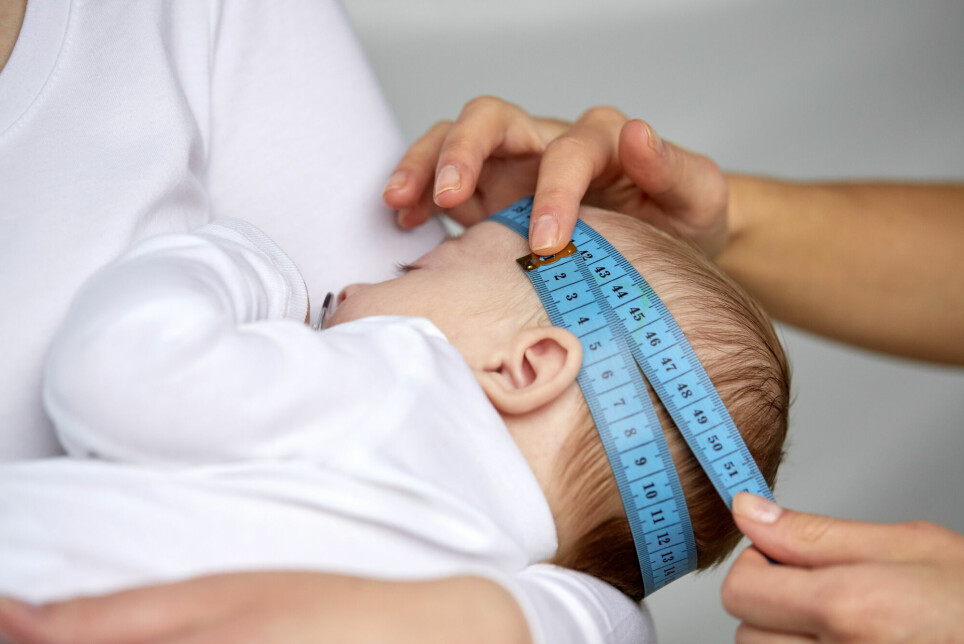
This is why humans are born completely helpless
“It leads to something very good,” an evolutionary scientist says.
Baby animals can walk, stand and nurse even shortly after birth.
This is absolutely impossible for human babies.
Why have humans become like this? Does anything good come of it?
We asked a biologist who is an expert on evolution. Evolution is the natural development that all living things have over time.

Up and about
“Previously, we crawled around the forests on all fours like other animals,” Jarl Giske at the University of Bergen says.
20-30 million years ago we also had a tail. The remains of it are still in the body and are called the coccyx, commonly referred to as tailbone.
About six million years ago, we got up onto two legs.
“It happened during a period of dry climate in Africa. The forests decreased and the savannas grew. The people moved from the forest to the savanna, and there it was an advantage to walk on two legs,” Giske says.
Our bodies had to adapt. For us to be able to walk far for food and run fast from predators, our hips became narrower.

Only applies to our species
The narrow hips made it more difficult for women to give birth. It became more of a tight squeeze to get the child out.
“Our hips are so narrow that human babies must be born before their brains are fully developed,” Giske says.
The brains of baby animals, on the other hand, are almost completely developed. They can walk, see, hear, and concentrate on learning what the adults can do.
“What if human babies had been as developed as other animals?”
“It would have resulted in lower infant mortality and less risk of the mother dying during or after the birth,” Giske says.
The advantages of being more fully developed when you are born are so great and so many that it is only us humans who are different from other animals.
Forced to take care of each other
“We are born about twelve months early,” Giske says.
Still, our brains haven’t finished developing by then. The human brain is not fully developed until we are over 20 years old.
“We humans need a big brain. But if we were to give birth to a child with a fully-developed brain, we would have to have completely different hips,” he says.
Evolution has thus led to narrow hips and helpless children.
“And that leads to something very good,” says Giske.
When a human baby is born so helpless, we humans are forced to take care of each other.
“This has led to the mothers having to spend a lot of time breastfeeding and looking after the infants and toddlers. The mother also needed help from the father, for example to get food,” he says.
Thus, the family of parents and children became much stronger in humans than in other monkeys and other mammals.

Close contact, language and culture
“Humans have stayed together in small groups. We have needed long-term and close contact with each other,” says Giske.
This has led to us becoming a species with language and culture.
One may wonder what is best:
Is it that the child is born fit and ready to run? Or is it that the family is tied together more strongly?
“Social ties and good cooperation in the group are extremely important,” Giske says.
When people left the forests and settled on the savannas, they could not climb up a tree if a leopard or a hyena threatened them. They became dependent on facing the dangers together.
Together, they were also able to obtain food that they could not get alone.
“They then entered a beneficial circle where it was an advantage to be able to collaborate with many people. Eventually they lived in larger groups and collaborated with even more people,” Giske says.
Language became useful and eventually absolutely necessary.
“The young children then had to be given enough time to learn more. This led to the mother becoming even more dependent on her husband and her herd,” Giske says.
———
Translated by Alette Bjordal Gjellesvik.
Read the Norwegian version of this article on ung.forskning.no



































